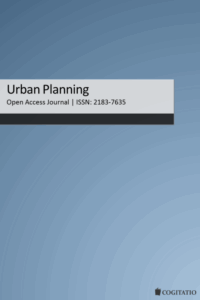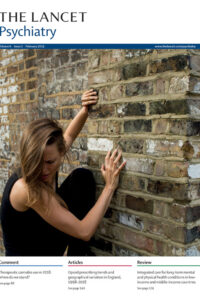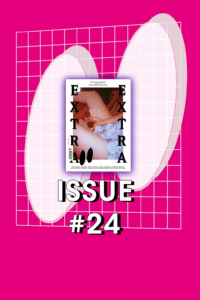This article critically reflects on the digitalisation of local housing energy systems. It looks at two Netherlands‐based cases and their implementation, combined with the use of digital tools. From a socio‐technical angle, it is crucial to provide energy‐consumption dashboards with a two‐fold feedback loop for residents about their energy consumption. That enables users to make informed decisions and behavioural adjustments in daily energy usage. By proposing a framework, the article introduces two new analytical categories: digital literacy and co‐creation applied to the use of interactive digital tools. The aim is to unpack new challenges of the digitalisation process and the use of dashboards in relation to the two analytical categories. To do so, the article compares two different configurations of local socio‐spatial contexts. The analysis draws upon an archive of correspondence, official documents, survey results, participant observations, multiple rounds of group interviews from the funded projects, and new in‐depth expert interviews. The results reveal that inhabitants should accept the underlying technology that revolves around decentralised energy systems and be willing to pay their share of the investment costs. Furthermore, the authors discuss the reach of digital literacy and co‐creation as emerging urban planning dilemmas. The empirical evidence is that the scale of implementation, the type of engagement with residents (tenants vs. owners vs. communities), the degree of digital literacy, and the opportunities for co‐creation activities are essential features for a more inclusive digitalisation outcome.
Digitalisation in Local Housing Energy Systems
Co‐Creation and Digital Literacy in the Dutch Context



